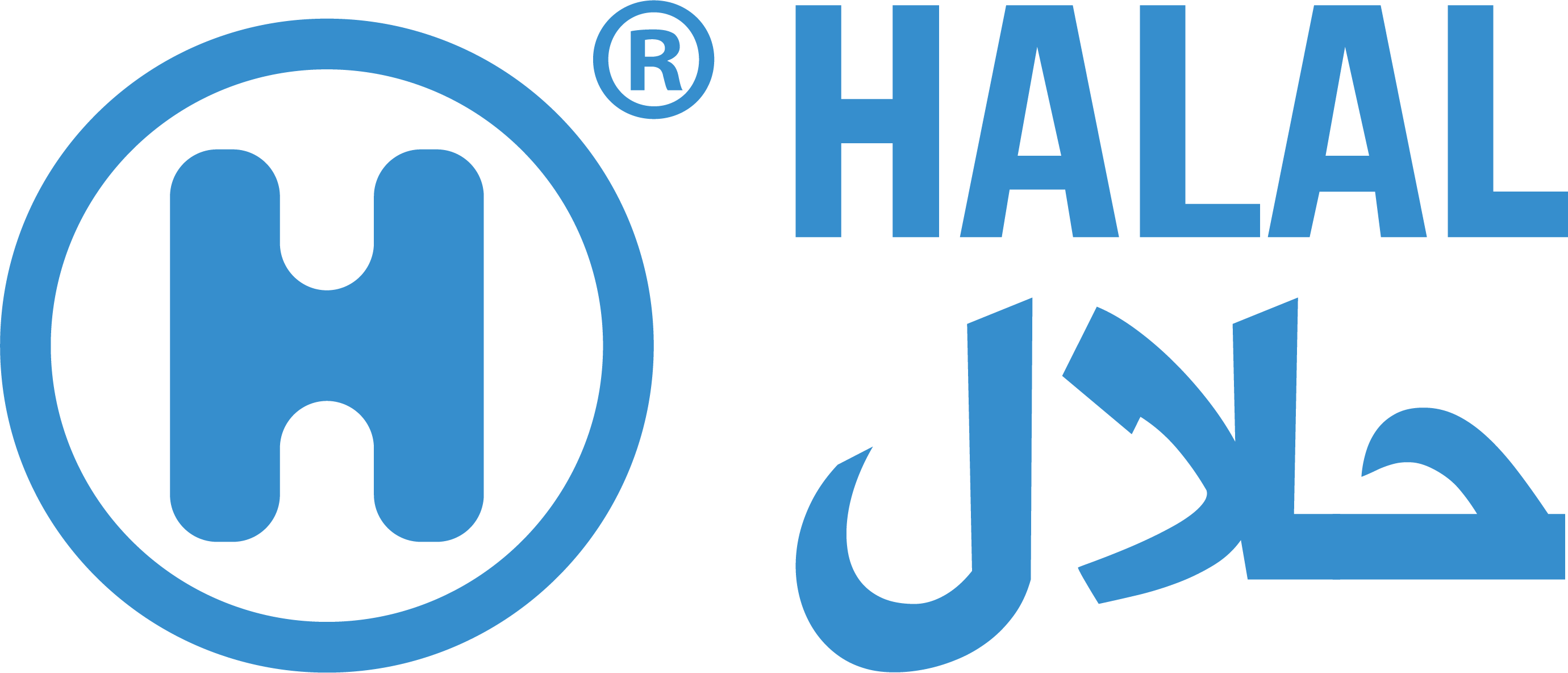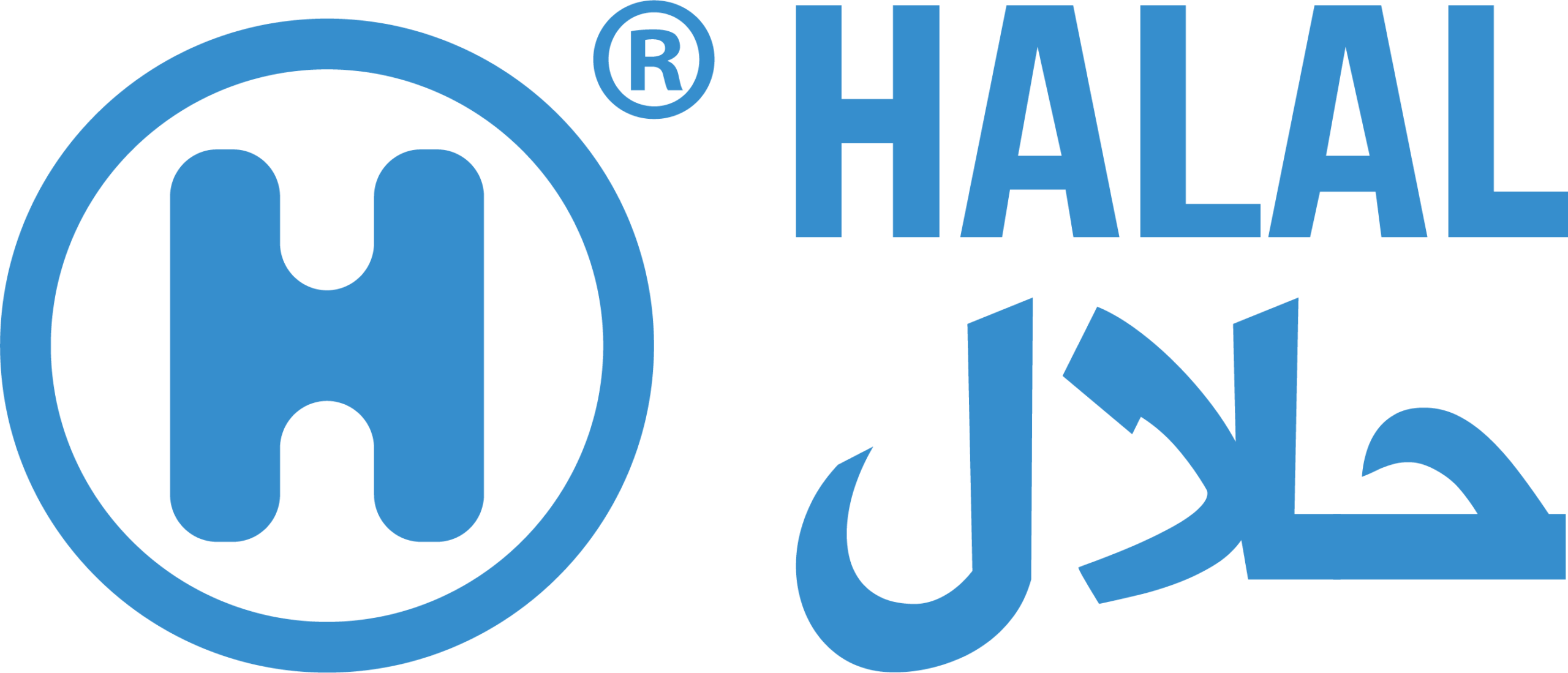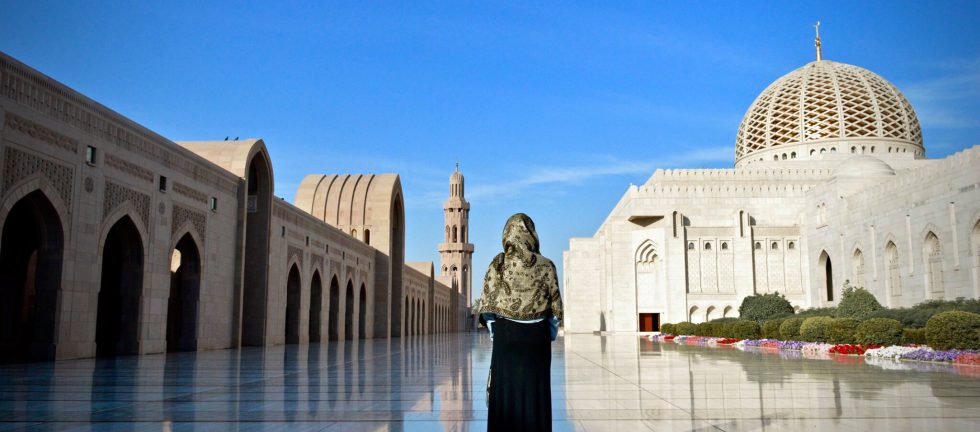The global halal pharmaceutical market was valued at USD 93.96 billion in 2018, and is expected to grow at a CAGR of 9.4% during the forecast period. Prevalence of strong fertility rates in North Africa, Middle East, ASEAN, and European countries is expected to provide a wide consumer base for driving the halal pharmaceutical market consumption. At present, the global average fertility rate is around 2.6 kids per woman in Muslims, which is higher than the minimum rate of 2.1 that indicates stable

population growth. Migration patterns of the Muslim population is expected to help the halal pharmaceutical market players to target and penetrate in low concentrated
geographies or non-Islamic countries. Developed economies in Europe and North America are considered to be important locations for Muslim immigrants over the next decade.
The global market is classified on the basis of drug class, product type, source material, and region. On the basis of drug class, the market segments include respiratory, cardiovascular, endocrine, pain medications, allergies, and others. The product type is segments include tablets, syrups, capsules, and others. Based on the source material, the market is classified into plant based, animal based, synthetic and semi-synthetic, and recombination DNA. North America, Europe, Asia Pacific, Central and South America, and Middle East & Africa are the key regional segments of the global halal pharmaceutical market.
Recent industry activities and trends:
Halal vaccines: The Halal Industry Development Corporation has received an investment of USD 100 million to help the production of Halal and pork free vaccines in Malaysia within three years
Consumer awareness: with the world’s first Halal pharmaceutical standard produced by Malaysia (MS2424:2012) there is potential to build consumer awareness about the need of Halal pharmaceuticals. This awareness will also stimulate the supply and meet the needs that will arise from the demand.
Halal certification: Halal certification helps to boost customers’ trust regarding the products purchased as well as increase the product sales. Malaysia recently introduced its Pharmaceutical Products Halal Certification, MS2424: 2012, and is confident it will increase its exports. Indonesia has also stated that this is a key issue as it is a human right to eat pharmaceutical products from Halal.
Emerging Halal-certified companies: Many companies see the market opportunity. Halal products are offered by CCM and others mentioned previously. For example, U.S.-based Noor Vitamins were created to meet the need for high-quality, halal-certified multivitamins. Nutrition Enhancement is another U.S.-based firm that produces Halal-certified multivitamin prenatal. Malaysia’s subsidiary Selangor, Worldwide Medivest Sdn Bhd, has spent RM80 million to establish the production of Halal surgical suture


